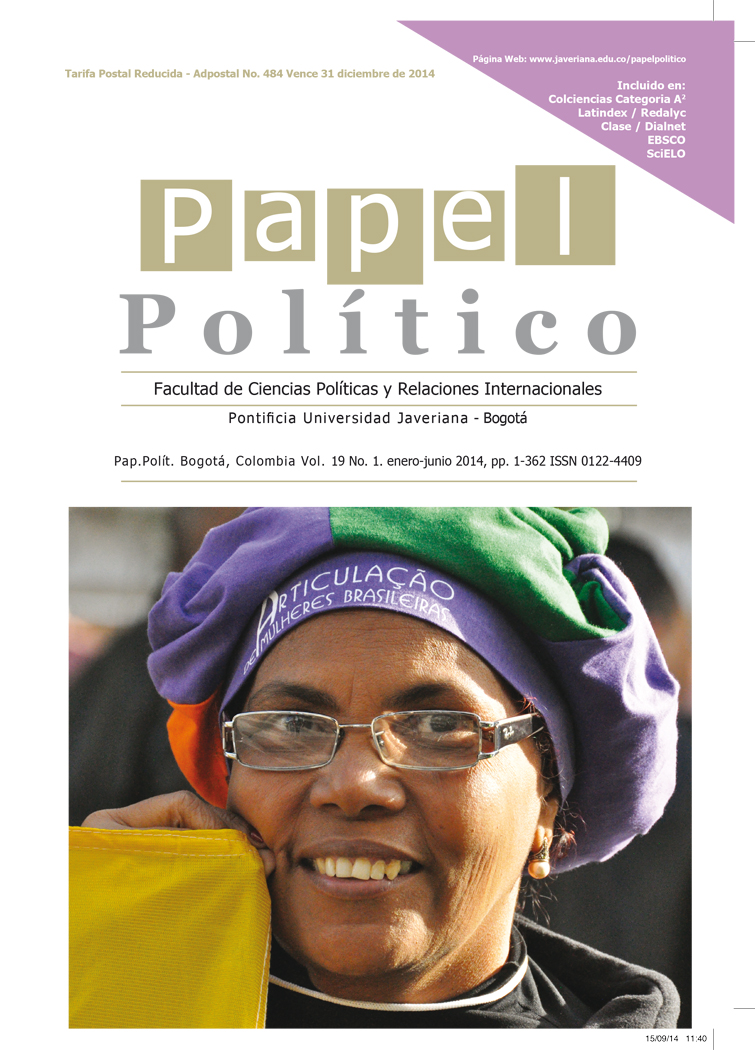Abstract
Este artículo propone una lectura sobre latransformación del Estado en América Latina.Nuestra conjetura inicial parte del análisis dela relación debilitamiento y fortalecimiento delEstado como relación y aparato institucional,respectivamente. Consideramos que las dinámicasdel Estado están asociadas al debilitamiento del principio de la relación social que los fundamenta(forma-Estado), y al fortalecimiento desus formas administrativas (aparato institucional),gracias a la intensificación del proceso dedominación y despojo característico del modeloempresarial que se adopta en la región. Concluimosque existe una lectura sistémica de larealidad social según estas transformaciones quegenera diagnósticos fragmentarios de ésta, comolos realizados por los informes Perspectivas dela CEPAL. Es por esto que proponemos retomarcategorías como clase social y totalidad paracomprender el antagonismo fundacional delEstado y los orígenes estructurales de la crisiscomo el orden y la condición social.This journal is registered under a Creative Commons Attribution 4.0 International Public License. Thus, this work may be reproduced, distributed, and publicly shared in digital format, as long as the names of the authors and Pontificia Universidad Javeriana are acknowledged. Others are allowed to quote, adapt, transform, auto-archive, republish, and create based on this material, for any purpose (even commercial ones), provided the authorship is duly acknowledged, a link to the original work is provided, and it is specified if changes have been made. Pontificia Universidad Javeriana does not hold the rights of published works and the authors are solely responsible for the contents of their works; they keep the moral, intellectual, privacy, and publicity rights.
Approving the intervention of the work (review, copy-editing, translation, layout) and the following outreach, are granted through an use license and not through an assignment of rights. This means the journal and Pontificia Universidad Javeriana cannot be held responsible for any ethical malpractice by the authors. As a consequence of the protection granted by the use license, the journal is not required to publish recantations or modify information already published, unless the errata stems from the editorial management process. Publishing contents in this journal does not generate royalties for contributors.


